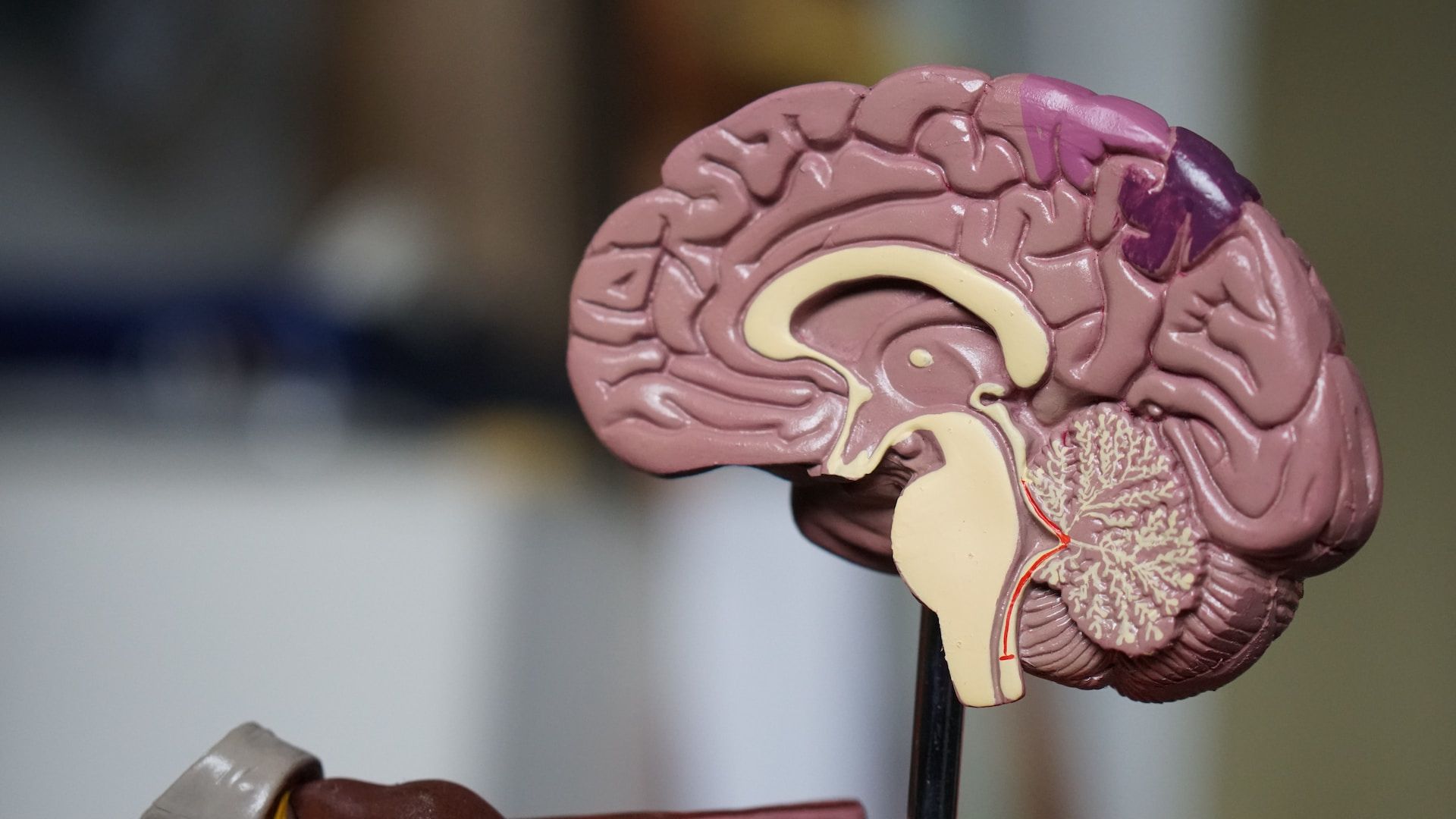REHABILITATION & RECOVERY
The Challenges of Rehabilitation after a Brain Injury

June 16, 2023
Brain Injury Association of California Team
Learn about the various challenges individuals face during their rehabilitation journey after a brain injury, along with strategies to overcome these obstacles.
The road to recovery after a brain injury can be a long and complex journey. Rehabilitation plays a key role in this process, aiming to help individuals regain lost skills and achieve the highest level of independence possible. However, it's not without its challenges.
Physical Challenges
One of the primary challenges in post-brain injury rehabilitation is dealing with physical disabilities. This can range from paralysis, coordination problems, balance issues, to fatigue. Overcoming these requires a combination of physical therapy, occupational therapy, and sometimes, assistive devices or technology.
Cognitive Challenges
Brain injuries can also affect cognition, causing issues with memory, attention, problem-solving, and communication skills. Cognitive rehabilitation therapy can help improve these skills, but it often requires a considerable amount of time and patience.
Emotional and Psychological Challenges
Adjusting to life after a brain injury can lead to various emotional and psychological challenges. Depression, anxiety, and mood swings are common, and these can further complicate the rehabilitation process. Psychotherapy and support groups can provide emotional support and coping strategies.
Social Challenges
As individuals navigate physical, cognitive, and emotional changes, they may also face social challenges. They might find it difficult to reconnect with friends or family or return to work or school, which can lead to feelings of isolation. Social skills training and community reintegration programs can help address these issues.
Financial Challenges
The cost of rehabilitation can also be a significant burden for many families. However, various resources, including insurance, government programs, and non-profit organizations, can help alleviate some of these financial stresses.
The Role of Family and Caregivers
The support of family and caregivers is crucial in overcoming these challenges. They not only provide emotional support but can also help with therapy exercises, manage medications, and assist in coordinating care.
Embracing the New Normal
One of the most significant challenges is accepting and adjusting to the 'new normal.' Brain injury survivors often have to redefine their goals, adapt to new limitations, and find new ways to derive fulfillment and satisfaction in their lives.
In conclusion, while the rehabilitation journey after a brain injury can be fraught with challenges, it's important to remember that there is help and support available. It's a process that requires time, patience, and plenty of support, but with determination and resilience, individuals can continue to lead meaningful and fulfilling lives.
Please note that this article is intended to provide general information. It should not be used as a substitute for professional medical advice.
Latest News
Understanding Brain Injuries: The Basics Everyone Should Know
An introductory guide to understanding the basics of brain injuries, including types, causes, symptoms, and treatments.
The Silent Epidemic: Raising Awareness about Traumatic Brain Injuries
This article highlights the need for increased awareness and understanding about traumatic brain injuries, often referred to as the 'silent epidemic.'
Brain Injuries in Children: How to Cope and What to Expect
A comprehensive guide for parents and caregivers to help navigate the difficult journey of a child's brain injury, from understanding its effects to developing coping strategies.
Mitigating the Effects of Brain Injuries through Nutrition
Learn how a balanced and nutritional diet can aid in the recovery and overall well-being of individuals with brain injuries.
The Impact of Brain Injuries on Quality of Life
A deep-dive into how brain injuries can affect various aspects of an individual's quality of life and ways to mitigate these impacts.